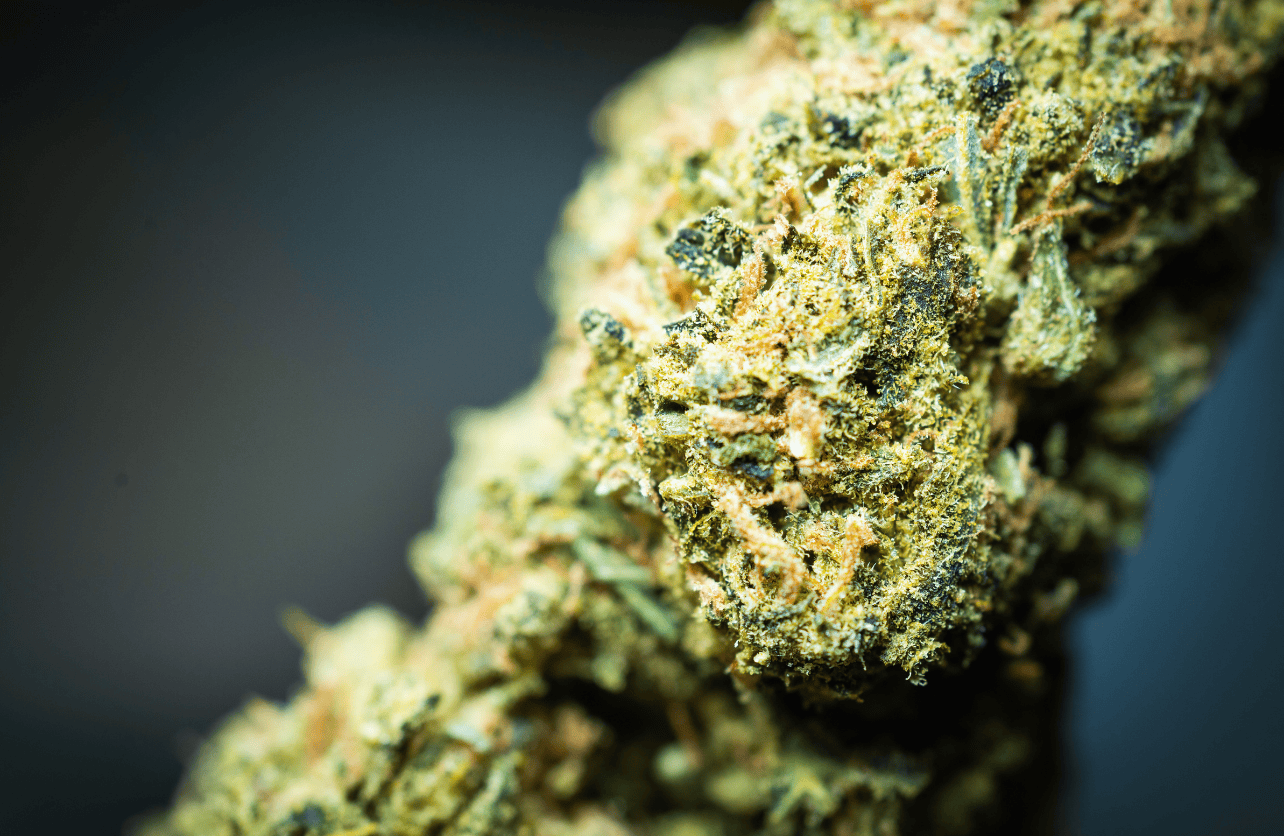How Effective Is THC Oil? A Practical Look at What It Can (and Can’t) Do

As cannabis becomes increasingly accepted both medically and recreationally, many people are turning to THC oil—a concentrated form of tetrahydrocannabinol—for its potential therapeutic benefits. Whether it’s being used to manage pain, stimulate appetite, or ease symptoms of chronic illness, THC oil has emerged as a compelling alternative to traditional medications. But how effective is it, really?
The answer depends on a range of factors, including how it’s used, who’s using it, and what condition it’s being used to treat. Here’s what current research and anecdotal evidence suggest about the effectiveness of THC oil.
What Is THC Oil?
THC oil is a concentrated cannabis extract that contains high levels of tetrahydrocannabinol (THC), the primary psychoactive compound in marijuana. It can be consumed in a number of ways—sublingually (under the tongue), in edibles, capsules, vape pens, or even mixed into topical formulations. Because it’s more potent than raw flower or standard edibles, THC oil offers faster and more targeted relief for some users.
1. Chronic Pain Management
One of the most well-researched uses of THC oil is its ability to alleviate chronic pain. THC interacts with the endocannabinoid system (ECS), a complex network of receptors that help regulate pain, mood, appetite, and immune function. By binding to CB1 receptors in the brain and nervous system, THC can alter pain perception, helping reduce the discomfort associated with conditions like arthritis, fibromyalgia, and neuropathic pain.
Studies have shown that cannabis extracts containing THC can provide significant pain relief, especially for patients who haven’t responded well to opioids or over-the-counter pain medications. However, the effectiveness varies: some patients report dramatic improvements, while others experience minimal change.
2. Nausea and Appetite Support
THC has long been known to stimulate appetite and reduce nausea, which is why it’s often prescribed to cancer patients undergoing chemotherapy or individuals with advanced HIV/AIDS. In these scenarios, THC oil can be particularly helpful—it works quickly and in small, controllable doses.
For those struggling to maintain weight due to illness, THC oil has been a valuable tool to reignite hunger signals and reduce the nausea that might accompany eating.
3. Muscle Spasticity and Mobility Issues
In conditions like multiple sclerosis (MS), THC oil may help reduce muscle spasticity, which can cause painful cramping and restricted movement. Several clinical trials have noted improvements in mobility and quality of life in MS patients using THC-based therapies.
While results vary and may depend on the balance of THC to CBD in the oil, many patients report increased physical comfort and reduced muscle tension after consistent use.
4. Mental Health and Mood Regulation
Here’s where things get more complicated. While some users find THC oil calming, especially at low doses, higher doses can sometimes worsen anxiety or lead to paranoia, particularly in people with existing mental health conditions.
Research is still ongoing, but current evidence suggests THC may have biphasic effects on mood, meaning small amounts might relax you, but large amounts can make anxiety worse. This makes careful dosing extremely important if you’re using THC oil for stress, insomnia, or mood support.
5. What Affects Its Effectiveness?
Like any supplement or medication, THC oil doesn’t affect everyone the same way. Several factors can influence how effective it is for any given individual:
Dosage: Higher doses aren’t always better. Finding the right amount is key to avoiding unwanted side effects.
Tolerance: Regular cannabis users may need more THC to feel the same effects as occasional users.
Metabolism: People with faster metabolisms may process and eliminate THC more quickly, reducing its effects.
Consumption Method: Sublingual oils act faster than edibles, while vaping offers immediate effects but may not be ideal for everyone.
Health Conditions: The underlying condition being treated plays a big role in how well THC oil works.
Potential Side Effects
While THC oil has clear benefits, it’s not without drawbacks. Common side effects include:
Dry mouth and red eyes
Dizziness or lightheadedness
Impaired short-term memory
Drowsiness or fatigue
Increased anxiety or paranoia (especially at higher doses)
Long-term, regular use may lead to tolerance, and in some cases, dependency. This doesn’t mean everyone will experience problems, but it’s something to be aware of, especially if you’re using THC oil daily.
Summing Up
THC oil can be highly effective for managing chronic pain, appetite loss, nausea, and muscle tension. It offers fast-acting, targeted relief and can serve as a valuable part of a medical cannabis routine. However, its success depends on the individual, the dosage, and the condition being treated.
It’s not a one-size-fits-all remedy, and it isn’t without risks. For people new to THC—or those with a history of anxiety or mental health concerns—it’s especially important to start low, go slow, and work with a healthcare provider if possible.
So, how effective is THC oil? For the right person, in the right situation, very. But like any powerful tool, it’s all about using it wisely.
Building a Stronger You
Supplement Institute is the fruit of extensive online publishing experience, spanning the breadth of SEO strategies to the nuances of paid advertisements. Our journey, marked by significant achievements and learning moments, inspires our core mission: to empower our readers with an abundance of information. By sharing insights and key learnings, we aim to provide you with the knowledge needed to navigate the complex world of supplements, helping you make well-informed decisions for your health and well-being. Welcome to Supplement Institute, where information is your greatest supplement.